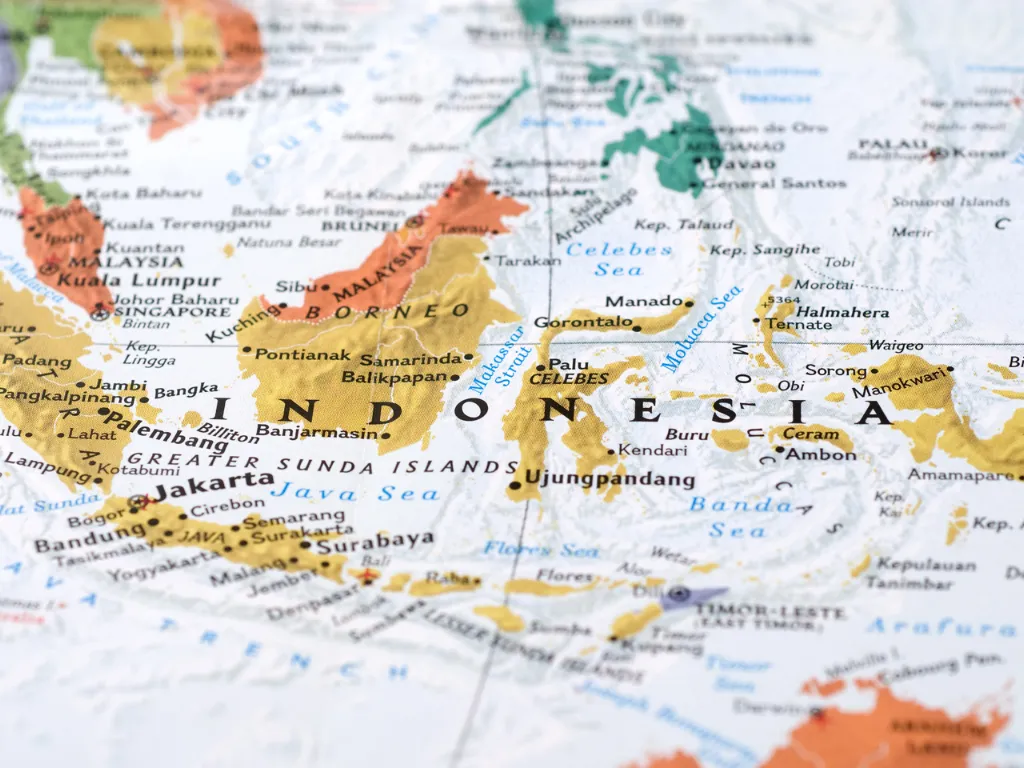News Details

Indonesia Unveils Strategic Roadmap to Strengthen Product Safety and Labelling Compliance
On 30 July 2025, Indonesia’s National Agency of Drug and Food Control (BPOM) released a draft five-year strategic plan (2025–2029) to enhance regulatory compliance in product safety and labelling, with a particular focus on the cosmetics sector and small and medium-sized enterprises (SMEs). The initiative seeks to transition from reactive enforcement to a proactive, risk-based oversight model supported by artificial intelligence and intersectoral collaboration.
Addressing Root Causes of Non-Compliance in Cosmetics
The strategy builds on BPOM’s analysis of widespread labelling violations observed during the 2020–2024 period, especially among SMEs in the cosmetics sector. Investigations revealed that inaccurate or misleading labelling—largely due to the absence of pre-market label evaluations—was a leading cause of non-compliance. This regulatory gap had a negative impact on national compliance metrics, as cosmetics are monitored within the same framework as pharmaceutical products.
Microbial contamination, particularly in traditional and herbal cosmetic lines, was another recurring issue. In response, BPOM expanded its post-market surveillance, conducting over 188,000 inspections and increasing product sampling from 27,000 units in 2020 to more than 43,000 in 2024.
Improved Compliance Among SMEs
BPOM reported significant progress in SME compliance rates, which rose from 73.11% in 2022 to 93.26% by 2024. The agency attributes this improvement to increased self-reliance in sourcing cosmetic raw materials and intensified outreach efforts, including regulatory education, technical assistance, and incentives aimed at elevating production standards.
Strategic Focus Areas for 2025–2029
The new strategic plan outlines several core priorities to sustain and build on recent gains:
a. Expanded technical support and training for SMEs in the cosmetics sector.
b. Development of digital platforms to facilitate regulatory updates and industry guidance.
c. Standardisation of facilitator competencies to improve local advisory services.
d. Promotion of raw material independence, particularly for locally sourced cosmetic ingredients.
These measures are designed to support a more consistent and scalable compliance culture, particularly among smaller manufacturers navigating regulatory complexities.
A Shift Toward Proactive, Technology-Driven Oversight
Central to BPOM’s strategy is the deployment of a proactive, AI-enabled risk-based monitoring system, which aims to identify potential violations before products reach consumers. This forward-looking approach will be supported by greater coordination between government agencies, industry stakeholders, and academic institutions.
Implications for Industry Stakeholders
Cosmetics producers—especially SMEs—are advised to prepare for more sophisticated compliance expectations and closer integration with digital regulatory systems. Firms should consider:
a. Investing in regulatory training for staff.
b. Reviewing labelling processes in light of upcoming pre-market evaluation requirements.
c. Engaging with BPOM’s digital platforms and public-private initiatives.
Public consultation on the draft strategic plan closed on 5 July 2025, with final adoption anticipated later this year. The plan signals a continued commitment to strengthening Indonesia’s product safety framework while supporting the sustainable growth of its domestic cosmetics industry.
We acknowledge that the above information has been compiled from Badan Pengawas Obat dan Makanan.

 Twitter
Twitter
